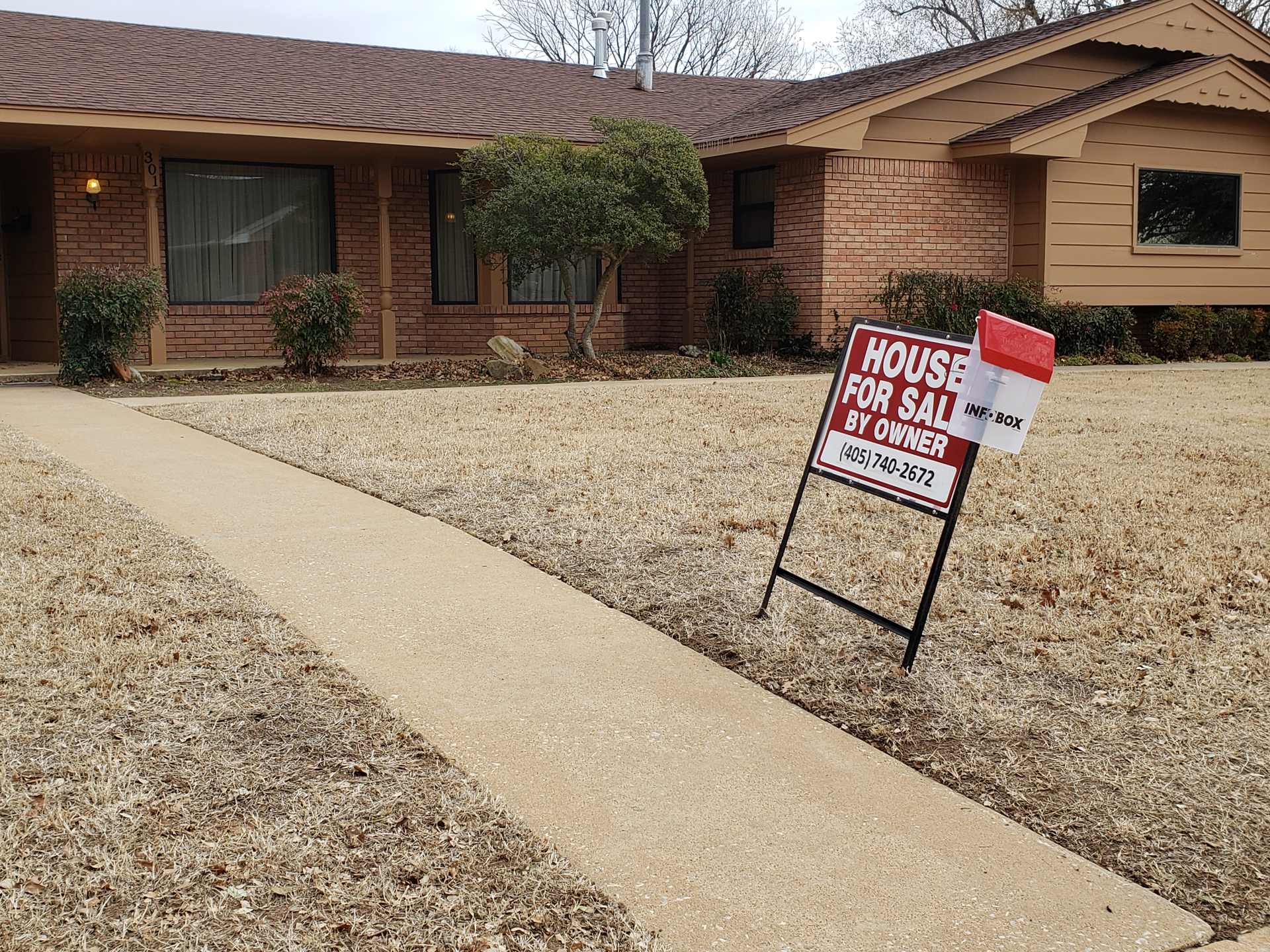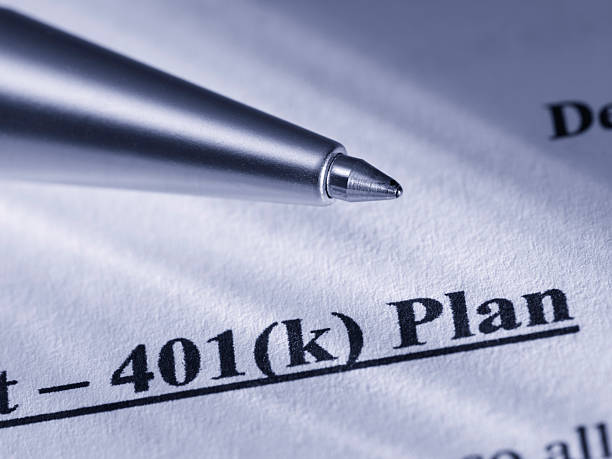The coronavirus crisis sent stocks plummeting, but home prices should hold up better because of a housing shortage.
Three-quarters of brokers report their clients haven’t lowered prices because of the economic contraction, according to an April 30 survey from the National Association of Realtors. One in five buyers had dropped out of the market, but house prices are being supported by lower interest rates, which make mortgages more affordable, said Lawrence Yun, the association’s chief economist.
Realtors aren’t the only ones asserting house prices won’t wilt unless the economy goes into a profound funk. Moody’s Analytics calculates house prices on a national basis will drop only 1% by the first quarter of 2021 and will begin creeping up later that year.
In some areas, which include Western cities like Denver, Las Vegas, Colorado Springs and Boise, and in Florida tourism destinations such as Miami, Fort Lauderdale and Orlando, home prices could drop 5% or even 10% by the end of 2021, Moody’s said.
“The markets that were the most juiced prior to this will be the most vulnerable,” Mark Zandi, chief economist of Moody’s Analytics, said in an interview with Rate.com News.
Higher-priced homes, or “the top third of the market,” will also be more hurt by the economic downturn, he says. That’s because there was already a surplus of inventory in high-end homes and “prices had gotten ahead of themselves,” he says.
To be sure, Zandi says, a lot depends on the coronavirus pandemic. He expects that the economy will begin improving in the third quarter of this year but won’t really open up until a vaccine is available mid-2021. “Between now and then, it will be a slog,” he says.
A lot of sellers will simply pull their homes from the market until the storm passes, Zandi says. And that will help support housing prices.
If, by contrast, the economy doesn’t begin bouncing back this summer, many sellers will have little choice but to throw in the towel and sell their house at a lower price.
The Great Recession of 2007-2009 was triggered by a housing bubble, and home prices fell sharply as credit evaporated and the economy contracted.
This time is different. A health crisis is spurring a massive economic shutdown. The economic effect is more like that of a hurricane than a normal recession, Zandi said.
“This is a natural disaster hitting the entire country,” he says.
The analytics firm has analyzed which metro areas will be most affected economically by the coronavirus. The New York City area, the U.S. epicenter of the health crisis, tops the list. It is followed by the Maui area of Hawaii; San Francisco; Las Vegas; Miami; Honolulu; Long Island, New York; Boston; Orlando, Florida; and New Orleans.
Moody’s scores metro areas for six different factors, including exposure to the coronavirus and population demographics. The Villages, a huge retirement community in Florida, is calculated by Moody’s to have a slightly below average exposure to the virus. But the economic effect will be above average because its older population will be more affected by the virus and because its retired residents are more dependent on stock market investments for their spending money.
Despite the New York economy being the most affected by the crisis, Zandi doesn’t expect home prices there or in the entire Northeast to be hurt much by the health crisis. That’s because home prices in the Northeast were already hurt by the 2017 federal tax law, which lessened the deductibility of state and local taxes and mortgage interest. It was a big deal in high-tax states like New Jersey, New York and Connecticut.
“Prices there already have corrected,” Zandi said. “They’ve been weak because of the tax law change.”
By contrast, home prices were mildly inflated in the West and in some tourism destinations, Zandi says. That’s why he’s predicting home prices will fall harder in those areas.
Moody’s is also predicting home prices to slide a bit in Austin, Houston and other major cities in Texas. “The Texas markets are overvalued and will get hit hard as migration flows to these markets go dry,” Zandi said.
Food production has been an economic bright spot in the sudden downturn, and Zandi looks for home prices in rural areas to be less affected by the coronavirus. In addition, home prices in the farm belt already took a hit from the trade war between the U.S. and China, which curbed demand for U.S. agricultural products.
———
———
©2020 Rate.com News
Distributed by Tribune Content Agency, LLC.
Thanks for reading CPA Practice Advisor!
Subscribe Already registered? Log In
Need more information? Read the FAQs




